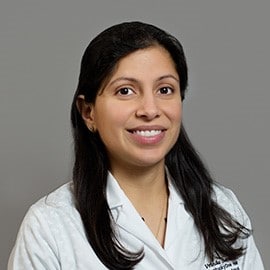
Hypertension: What are the signs and are you at risk?
Hypertension, also known as high blood pressure (HBP), is the consistent high force of blood pushing against the walls of your blood vessels and eventually decreasing the efficiency of the heart. Normal blood pressure level is considered 120/80. Blood pressure measurements higher than 130/90 are considered high blood pressure or hypertension – stage 1 and need further evaluation by a health care provider.
The severity of this disease is high, especially if it goes untreated for a long period of time. There are many causes that can contribute to hypertension that you need to be aware of as well as the signs to look for.
Causes:
High salt intake, obesity, smoking, stress, excessive alcohol consumption, sleep apnea and lack of physical activity are all contributing factors to developing hypertension. People who are over the age of 40 are at risk of developing the disease, however, high blood pressure can be genetic and the exact cause may be unknown.
Symptoms:
While many people who are diagnosed with high blood pressure are asymptomatic, some of the symptoms that correlate to the disease are: severe headaches, shortness of breath, severe anxiety, pulsing in the head or neck, swollen feet and nosebleeds.
If you think that you have high blood pressure or are experiencing any of the symptoms above, you should contact your primary care doctor immediately.
Making sure that you are properly treated for hypertension or high blood pressure is imperative. People that go undiagnosed or untreated over time can develop serious complications such as stroke, heart failure, heart attack, vision loss and kidney damage. Lifestyle modifications, good nutrition and sometimes medication can help lower/stabilize blood pressure to a healthy level (normal level is considered 120/80).
The American Heart Association recommends these lifestyle changes to help manage hypertension in adults:
- Maintain a healthy weight. Strive for a body mass index (BMI) between 18.5 and 24.9.
- Eat healthier. Eat lots of fruit, veggies and low-fat dairy, and less saturated and total fat.
- Reduce sodium. Ideally, stay under 1,500 mg a day, but aim for at least a 1,000 mg per day reduction.
- Get active. Aim for at least 90 to 150 minutes of aerobic and/or dynamic resistance exercise per week and/or three sessions of isometric resistance exercises per week.
- Limit alcohol. Drink no more than 1-2 drinks a day. (One for most women, two for most men.)
For more information, visit UofLHealth.org to find care, a physician, or more helpful tips on tackling high blood pressure. For additional resources about heart disease visit, www.heart.org.








